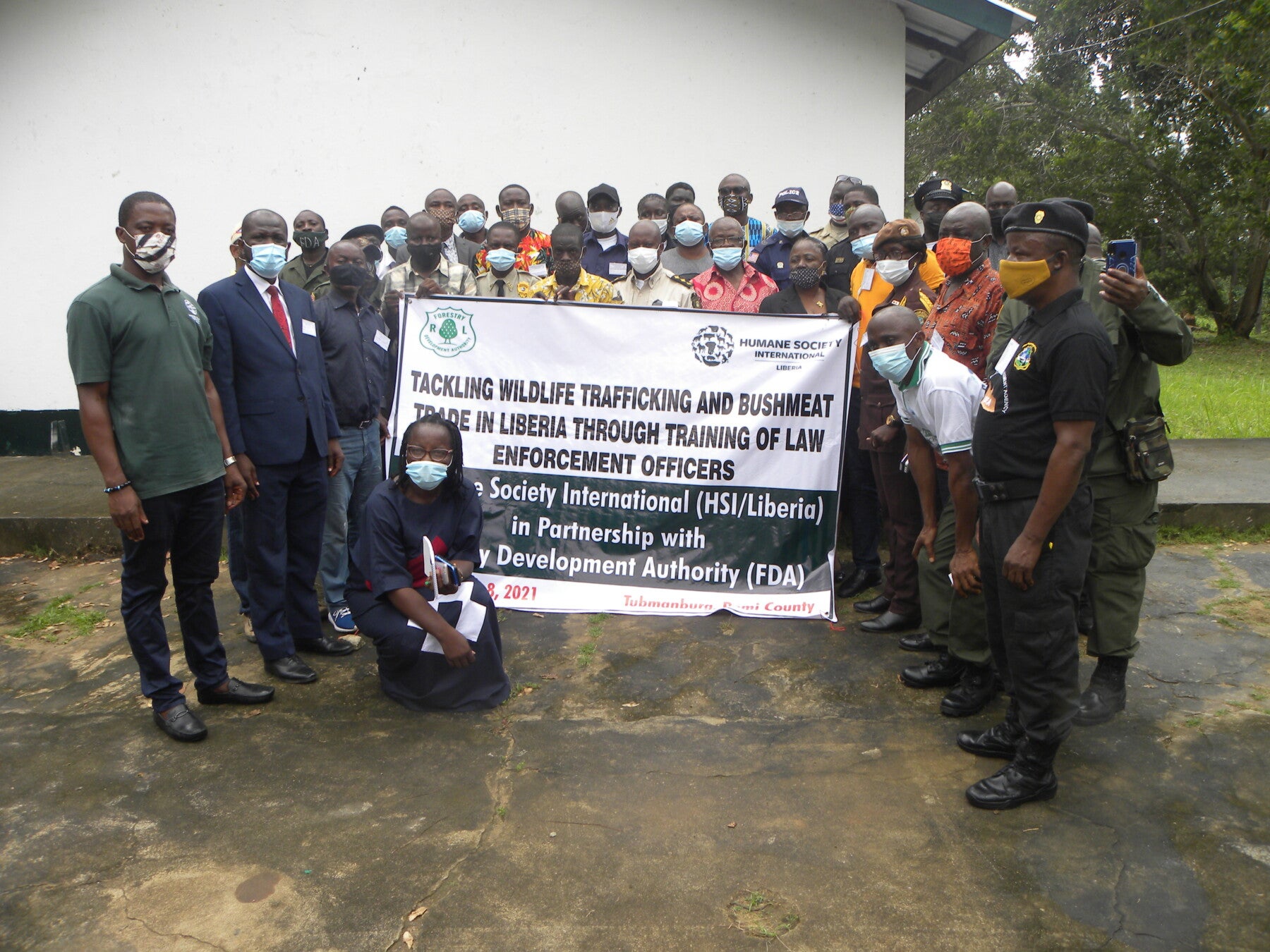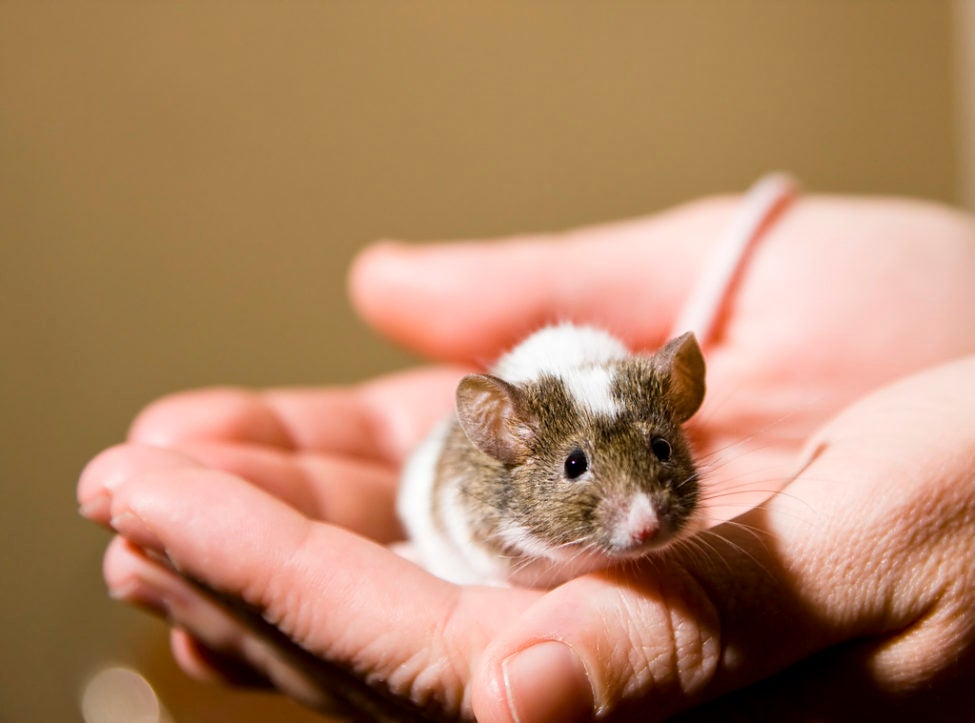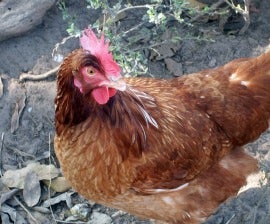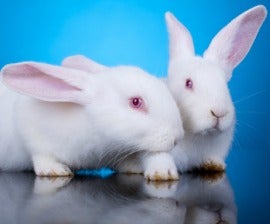by Riana Topan
October 4 is #WorldAnimalDay: a day to acknowledge, honour and celebrate all kinds of animals. As you read this, animal lovers, protectors and defenders around the world are coming together to march, protest, fundraise, speak and educate others about animal welfare.
Though we still have much work to do, I am heartened by the fact that the movement to protect animals from harm continues to grow steadily. I am grateful to the millions of individuals who work to protect the animals we keep as pets, animals used in research and entertainment, and wild animals who are targeted for wildlife trafficking. And above all else, I am particularly inspired that the world is increasingly turning its attention to the animals raised on farms.
That farm animals have shifted from the periphery of public consciousness to the centre of global discussions on animal welfare is incredibly important. The vast majority of the cows, pigs, chickens and turkeys raised for food are often gravely mistreated. They usually live unnaturally short lives in crowded, cramped conditions, unable to express their natural behaviours and regularly denied every kind of freedom—freedom from hunger and thirst, from discomfort, from pain and injury and disease, and from fear and distress.
Decades ago, most people gave little thought to animals raised on farms. Now, the industrial agricultural operations that reproduce, raise and slaughter animals to produce food are under intense scrutiny for their systemic abuse of farm animals. Undercover investigations and footage have shed light on the miserable conditions in which most farm animals are forced to live, and the pain and suffering they endure before they are slaughtered.
The consequence of this enlightenment is tangible. Intensive confinement systems like battery cages (small wire enclosures used to house egg-laying hens) and gestation crates (used in industrial pork production to confine pregnant sows) are finally being phased out in Canada because consumers are demanding that farm animals be afforded better living conditions and more humane treatment at every stage of their lives. Societally, we have developed a greater appreciation for the consequences of our food choices, and we have recognized that we have the ability to challenge business practices we disagree with.
This heightened awareness is thanks, in part, to the major organizations working on improving protections for farm animals—including Humane Society International/Canada. Though HSI/Canada works to protect all animals, farm animals are a core part of our campaigns because they are usually the most poorly treated in the largest numbers. The growing support for the movement to protect farm animals is both an outcome of and a driving force behind our work, culminating in an ‘upward spiral’ that has resulted in major wins for farm animals.
Every single day, retailers, restaurants and other companies from all corners of the world are adopting new policies to enhance farm animal welfare in their supply chains. Just last week, the Campbell Soup food company introduced a new animal welfare policy for broiler chickens (chickens raised for meat), and Kraft Heinz committed to sourcing 100 percent cage-free eggs in all of Latin America by 2025. Several large-scale financial institutions are now requiring that specific farm animal welfare standards be met as a prerequisite for their lending, investing and other financial practices. And big-name brands Nestlé and Unilever recently published articles touting the many benefits of plant-based foods, citing animal welfare, environmental sustainability, health and nutrition, and cost savings as key reasons to eat more meatless meals.
Countless individuals are also bringing their behaviours more in line with their values by practicing the Three R’s of eating, which HSI advocates: “reducing” consumption of animal products and “replacing” them with plant-based alternatives, as well as “refining” their diets by choosing products from companies that have demonstrated a meaningful commitment to higher-welfare practices. Motivated by an affection for animals and the growing body of evidence that says plant-based foods are healthier and significantly better for the environment, many are now choosing to leave animal products off their plates entirely.
Though usually slower to change, legislation is also finally catching up. In August, England bolstered its farm animal welfare standards by mandating that all slaughterhouses be equipped with closed circuit television. And the state of California is currently contemplating a ballot initiative that would prohibit the sale of eggs, pork and veal from animals locked in inhumane cages and crates. Regulations to protect farm animals are finally starting to reflect the pervasive belief that every kind of animal deserves to be treated with respect and care.
As we celebrate World Animal Day, I invite you to join the growing movement to support farm animal welfare. Whether you participate in an event, volunteer your time, pledge to reduce your meat consumption or donate to an animal welfare organization, know that you have the power to make a difference for animals. Every single act of compassion has an impact, and together we can ensure that farm animals are given the protection they deserve.
Riana Topan is Campaign Manager for Humane Society International/Canada.




